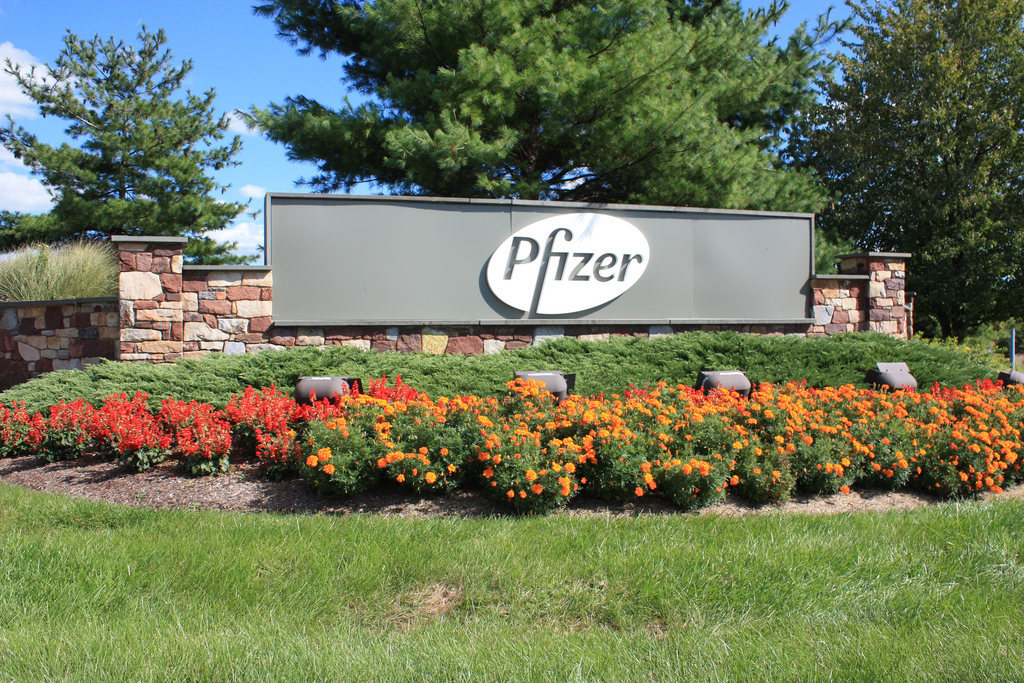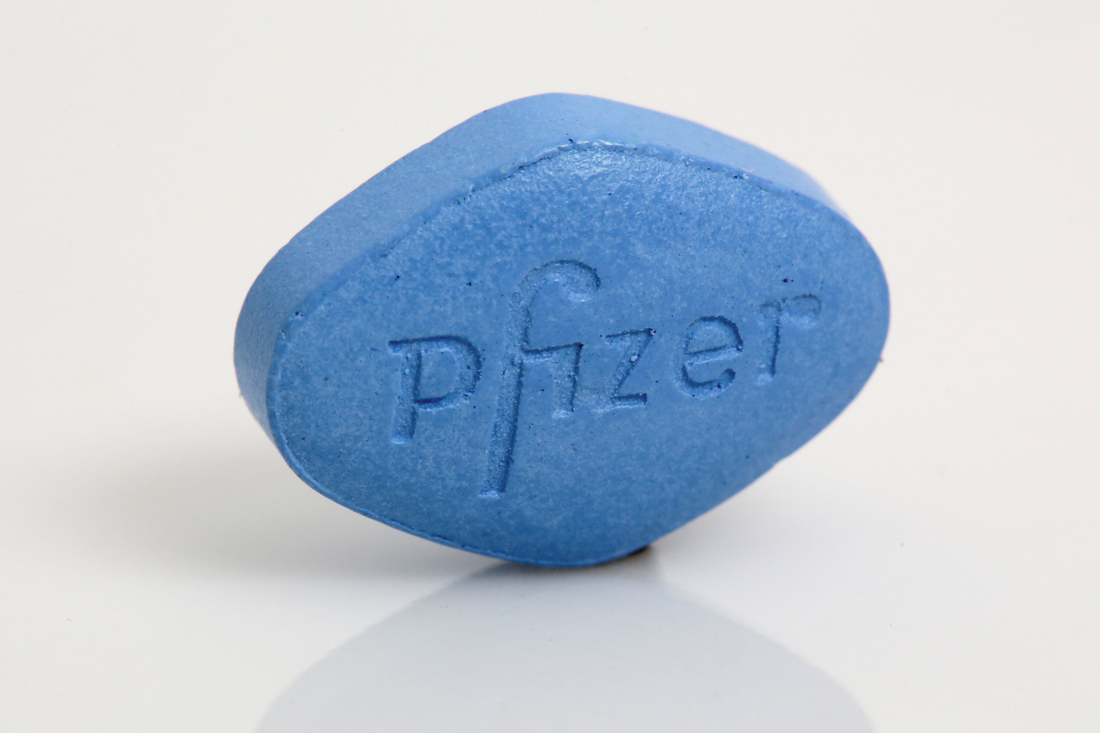Why the Pfizer-Allergan Merger Is Already Controversial

By:
Two of the largest drug companies in the world—Pfizer and its Ireland-based competitor, Allergan—announced a $160 billion merger on Monday. It is the biggest deal in the history of the health care industry, the New York Times reported, and it's already causing controversy.
RELATED: Big Pharma CEOs Were Just Called Out by Massachusetts' Gloucester Police
Pfizer is a U.S. pharmaceutical giant that makes everything from Advil to Xanax to Viagra; Allergan, which is headquartered in Dublin but does most of its business in New Jersey, produces Botox, among other drugs.
 Flickr/Montgomery County Planning Commission - flickr.com
Flickr/Montgomery County Planning Commission - flickr.com
What's the point of merging?
In an apparent effort to avoid corporate taxes that the federal government levies on businesses that acquire foreign companies, Allergan is technically buying Pfizer—allowing the company to dodge paying billions in taxes. These types of acquisitions are known as corporate tax inversions, a business practice that the Obama administration has been actively resisting.
Under the terms of the deal, the drug companies would "combine under Allergan," but it would be renamed Pfizer and keep the "PFE" ticker symbol on the New York Stock Exchange. "The new combination would retain Allergan's legal and tax residency in Ireland," USA Today reported. "Pfizer would have its global operational headquarters in New York and its principal executive offices in Ireland."
The combined company would be bringing in more than $60 billion in sales—surpassing Johnson & Johnson as the world's largest drug maker by revenue. And the tax rate for Pfizer-Allergan would be around 17 to 18 percent for the first year, analyst say. Now, compare that to the 25 percent U.S. tax rate Pfizer reported in its current financial filings.
 Wikimedia - wikimedia.org
Wikimedia - wikimedia.org
How is the government responding?
In a statement, Democratic presidential candidate Bernie Sanders called the deal "a disaster for American consumers who already pay the highest prices in the world for prescription drugs."
"It also would allow another major American corporation to hide its profits overseas," Sanders wrote. "The Obama administration has the authority to stop this merger, and it should exercise that authority. Congress also must pass real tax reform that demands that profitable corporations pay their fair share of taxes."
RELATED: These Drugs Expose the Troubling Culture of Drug Pricing
It is yet to be determined whether or not the merger would have an effect the company's drug prices. But concerns about corporate tax inversions in the U.S. are high, with Treasury Secretary Jacob Lew calling for restrictions that would prevent inversions "from eroding the nation's federal tax base" just last week.
In a year that has been marked by big, corporate deals such as the union of the major beer companies Anheuser-Busch InBev and SABMiller, this latest merger has the finance world wondering how the federal government will respond. And it has critics of the pharmaceutical industry concerned over how this move might affect already high drug prices in the U.S.
